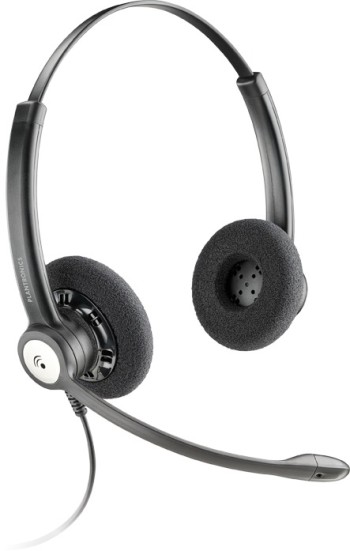 What is a telemarketing scam?
What is a telemarketing scam?
Telemarketing or ‘Cold calling’ is an unexpected or unsolicited telephone call offering investments or financial advice. The investments they offer usually guarantee high returns or encourage you to invest in overseas companies.
The scams sound professional and may have other resources to support their claims. Cold callers often claim to be stock-brokers or portfolio managers.
The investments that are offered by cold calling are usually share, mortgage or real estate 'investments', 'high-return' schemes, option trading or foreign currency trading. The scammers tend to operate from overseas as most of their activities are illegal in Australia.
Generally speaking, it is illegal for anyone to offer you financial advice or a financial product, such as shares, without an Australian Financial Services (AFS) licence issued by the Australian Securities and Investments Commission (ASIC) which runs the MoneySmart website.
These scams are effective because:
-
they promise high, quick returns on your investment for low or no risk
-
they claim that they are approved by a real government regulator or related to a genuine company in some way.
-
The scammers are very persistent, and people often surrender money because of the pressure placed on them.
-
the cold callers work from a prepared, convincing script and sound professional
Warning signs
-
The caller does not have an Australian Financial Services licence—or says that they do not need one.
-
The caller may ring you repeatedly and try to keep you on the phone for a long time, or say they will transfer you to a more senior person.
-
You may be told that you need to make a decision very soon and suggest that you will miss out if you are not quick to invest.
-
If you change your mind or want to sell, the scammer might suggest that you swap your current investment for a different one instead, or try to convince you that your investment will go up in value shortly.
Protect yourself from cold calling scams
-
Use your common sense: the offer may be a scam.
-
If you receive a phone call out of the blue, always ask for the name of the person you are speaking to and who they represent.
-
If someone offers you an investment or other financial service, ask for their Australian Financial Services Licence number: check this with ASIC.
-
Do not let anyone pressure you into making decisions about money or investments: always get independent financial advice.
-
Be wary of investments promising a high return with little or no risk.
Do your homework
If you are cold called, ask the caller these questions:
-
What is the name of your company?
-
Who owns your company?
-
What is your address?
-
Do you have an Australian Financial Services (AFS) licence?
-
What is your AFS licence number?
If they try to avoid answering these questions, it's probably a scam so hang up the phone. If the caller does answer these questions, take the time to confirm their details by calling ASIC on 1300 300 630 or checking online at MoneySmart.
ASIC has a list of known unlicensed cold callers that you should avoid dealing with. Many people have checked this list, and saved themselves a lot of money. But do be careful, the names scammers use change all the time, so a licence check is your best bet.
Always investigate money-making schemes very carefully before parting with your money. Take time to seek independent professional or legal advice. Don’t rely on the cold-caller or anyone they recommend for advice.
Decide
Don't be pressured into making a decision on the phone. Make your own decision in your own time after doing some research and getting some independent advice. If you are not interested in their investment offer, simply hang up.
Report them
Please let ASIC know if you've been cold-called. Even if ASIC cannot prosecute them, it may be able to warn other people. You should also spread the word to your friends and family to protect them. Cold calling frauds have cost Australians well over $400 million in the past seven years.



